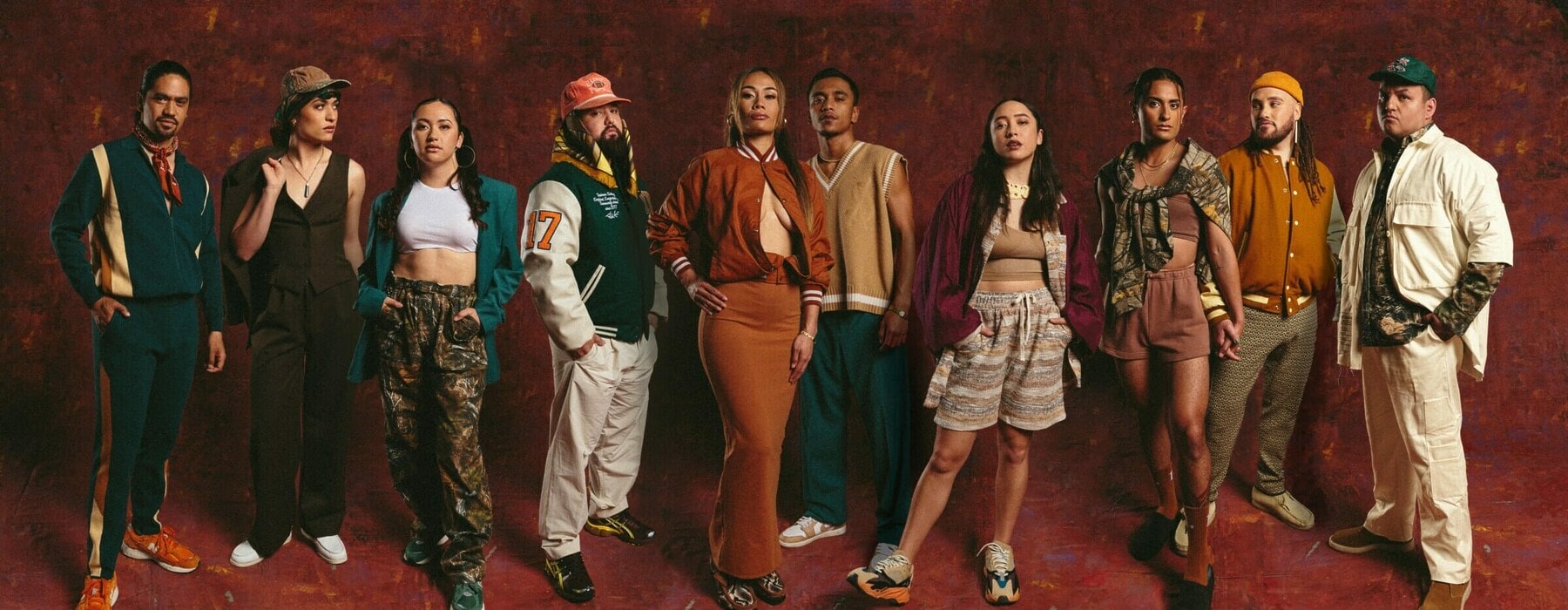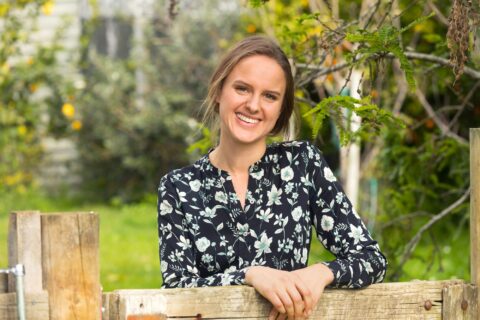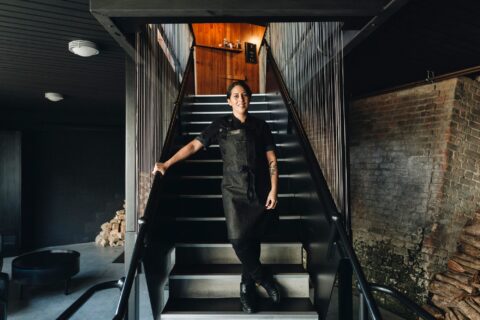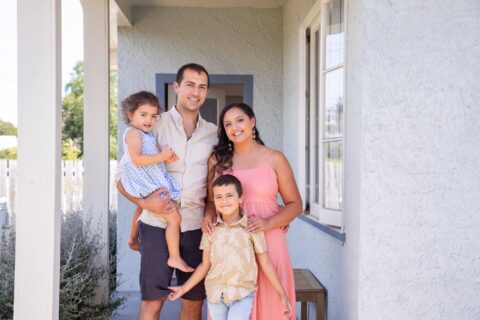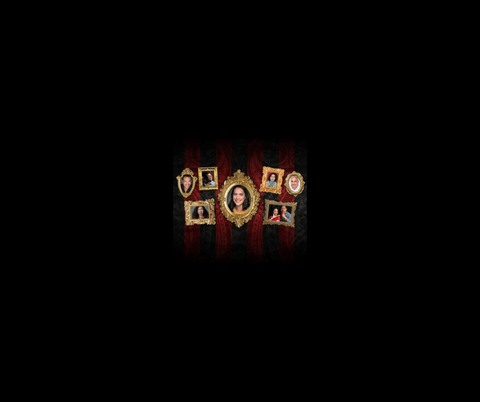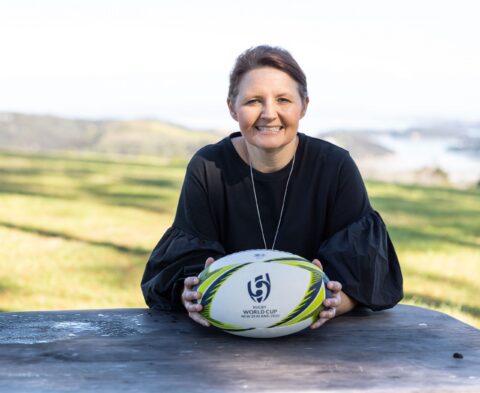At just 36, TV executive Te Ataraiti Waretini has spent the past year as the CEO of the production company Kura Productions creating māori television shows. She’s responsible for producing a slew of TV shows in te reo Māori and told from a Māori perspective, including the very popular drama, Ahikāroa, which currently screens on Whakaata Māori and TVNZ OnDemand.
Te Ataraiti never imagined that she would be running her own production company in her 30s and given this amazing opportunity to uplift the status of Māori storytelling in film and māori television shows.
“I’ve always wanted to work in the TV industry. I did a test in front of the camera in the early stages of my career, and I couldn’t handle it. I realised then that working in the production side of TV was more suited to my personality,” she says.
Te Ataraiti, of Tūhourangi-Ngāti Wāhiao, Tainui, and Te Rarawa iwi, spent her childhood in Rotorua and grew up speaking fluent te reo Māori. After the death of her father, Kuru Waretini. when she was a teenager, she moved to Auckland with her whānau so her mother, Maria, could help her grandmother, Anita Bassett with the family funeral business.
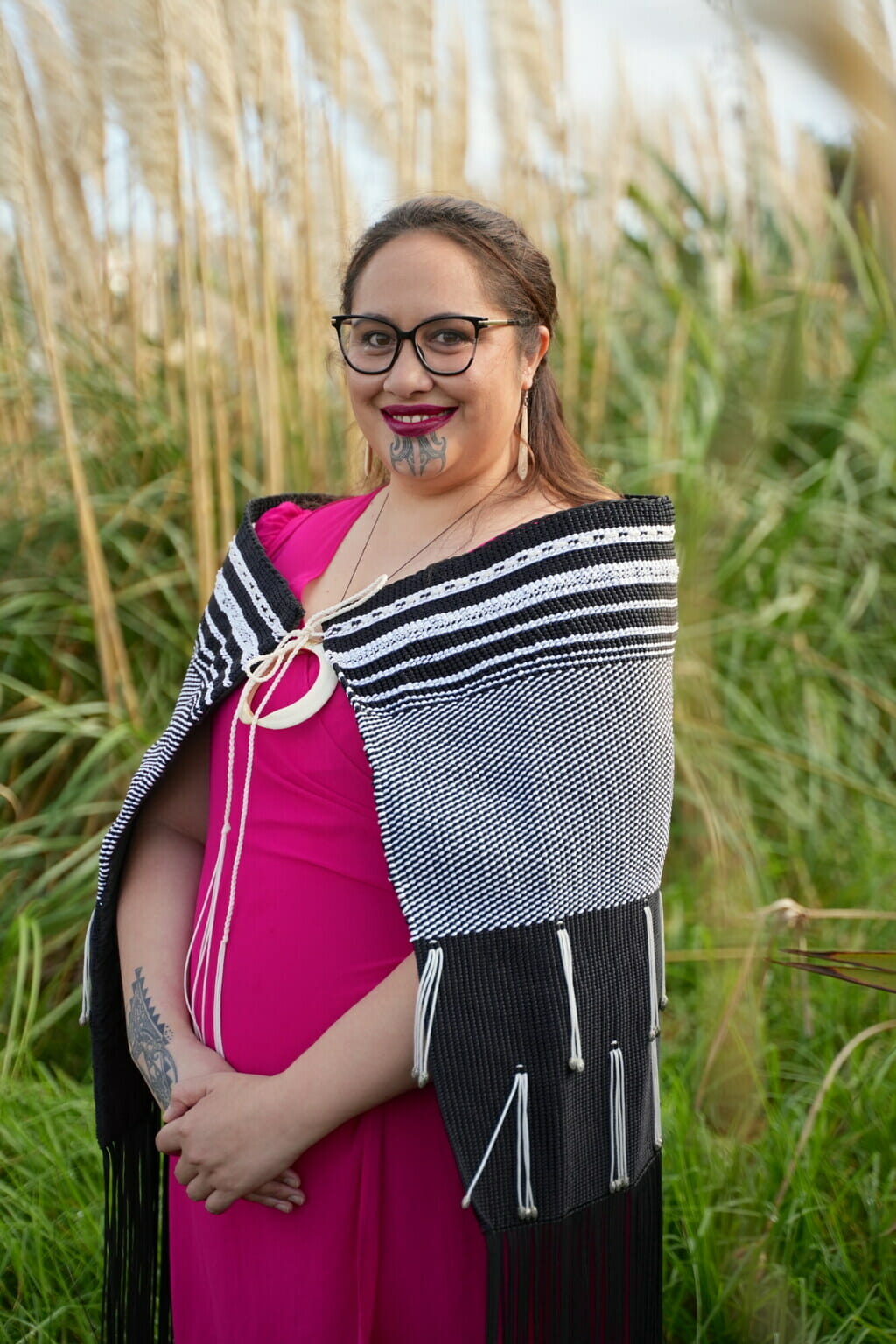
“Yes, I grew up around coffins,” she says.
When she left her Auckland high school, Te Ataraiti completed a TV degree at AUT University before gaining work as a production co-ordinator on TV shows like Marae DIY. She started work at Kura Productions as a junior before moving overseas to the UK for her big OE.
While in London, she gained experience working on international productions for MTV and Nickelodeon and discovered that the production skills that she learned were transferable to an international workplace.
“What I learned from a Māori world could exist in a Pākehā world. It wasn’t different at all.”
Living in London gave Te Ataraiti the time to discover herself and appreciate her culture.
“I knew no one in the UK at first, so I could behave in a way that I felt I was more myself. I didn’t have this weight of responsibility to perform. I learned what I wanted to do in the world,” she says.
“What I also took away from being overseas was that te ao Māori was really important to me. If I didn’t have my culture, the fulfilment of my life wouldn’t be so great.”
Te Ataraiti joined the London-based kapa haka group, Ngāti Rānana, while she was in the UK. Her involvement in the group provided her with some amazing opportunities, like travelling all around Europe and getting to meet and advise Prince Harry and his wife Megan Markle at various formal ceremonies.
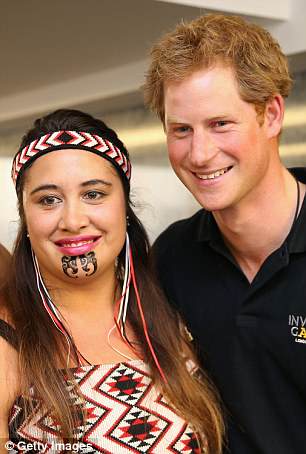
“There’s a lot of privileges that being Māori over there can bring you. You can get to be an ambassador for te ao Māori and Aotearoa.”
Te Ataraiti’s mother is an experienced flax weaver, and although she learned to make small items as a child, it was something Te Ataraiti never pursued. Te Ataraiti decided to learn the traditional art form in the UK, via online lessons with her mother in New Zealand, just so she could reconnect to her home and culture while she was living overseas.
“I discovered this new passion, and it gave me a lot of fulfilment that I hadn’t felt in a very long time. Raranga (wearing) helped me find myself and made me feel like a complete person. It was therapeutic. It taught me how to be a better storyteller, looking into the deeper meaning of the kaupapa and understanding the why and the feelings.”
She has become so successful in the art of weaving that last year Te Ataraiti was selected to showcase at the Indigenous Fashion Arts Festival in Toronto.
After eight years of living in the UK, Te Ataraiti returned to New Zealand just before the Covid-19 pandemic, to be closer to her whānau.
She returned home armed with the new skills that she learned working on overseas productions. She returned to Kura Productions, a company that’s in a joint venture with South Pacific Pictures, the makers of Shortland Street and The Brokenwood Mysteries.
“My production experience in the UK made me understand what I wanted to see here in Aotearoa, also knowing the systems and processes and how we can staircase our people coming into this industry and make it easier for them to stay,” she explains.
When Te Ataraiti was given the reins to lead Kura Productions and was promoted to the company’s CEO, she knew that she had important work to achieve.
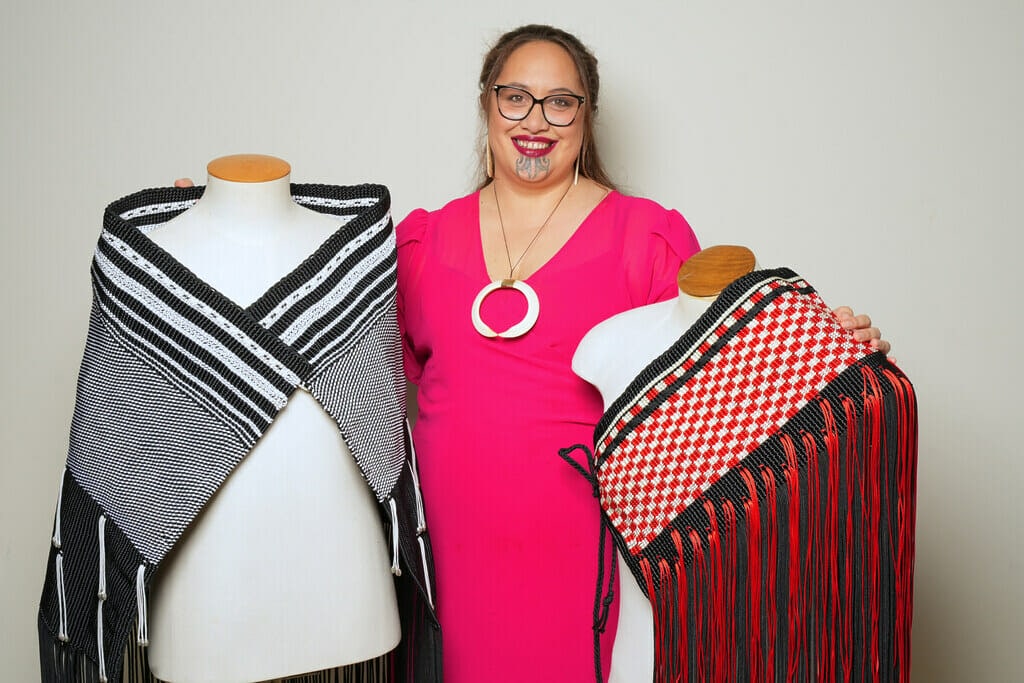
“It’s encouraged me to work hard and be part of the change, to bring Māori stories to our screens.”
This is achieved through Kura Production’s most popular māori television shows, Ahikāroa, which this week launched its fifth season and has an online viewership in the millions.
The youth drama is partially in te reo Māori and is written and made by young Māori. It follows a group of city-based, kura kaupapa-raised rangatahi navigating their lives in a modern world.
“Making content, like Ahikāroa, is helping us to cut through the noise of a saturated market and normalising our Māori culture. We’re also helping more Māori in the industry who want to be storytellers. We’ve had so many people come into our show and step up and get experience on our set. We’re normalising ourselves on the screen but also behind the camera as well.”
Te Ataraiti’s success follows on from the many wāhine Māori who are making a huge impact in the film and māori television show industry. The likes of the recently announced CEO of the NZ Film Commission, Annie Murray, and the General Manager of Local Content at TVNZ. Nevak Rogers, who are both Māori women. There are also many other successful Māori women who are running their own film and TV production companies.
“I’m inspired by seeing all these wāhine Māori in pivotal places in our industry. When you have friends in the industry that you can call upon for advice and guidance, it means that you’re in a really good position.”
Season Five of Ahikāroa latest māori television shows currently screens on Thursdays on Whakaata Māori at 9:30pm.
Related article: Our First Novel: Māori Wāhine Novelist Talks About Where It All Started.

